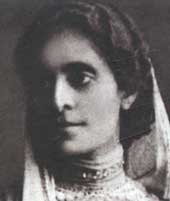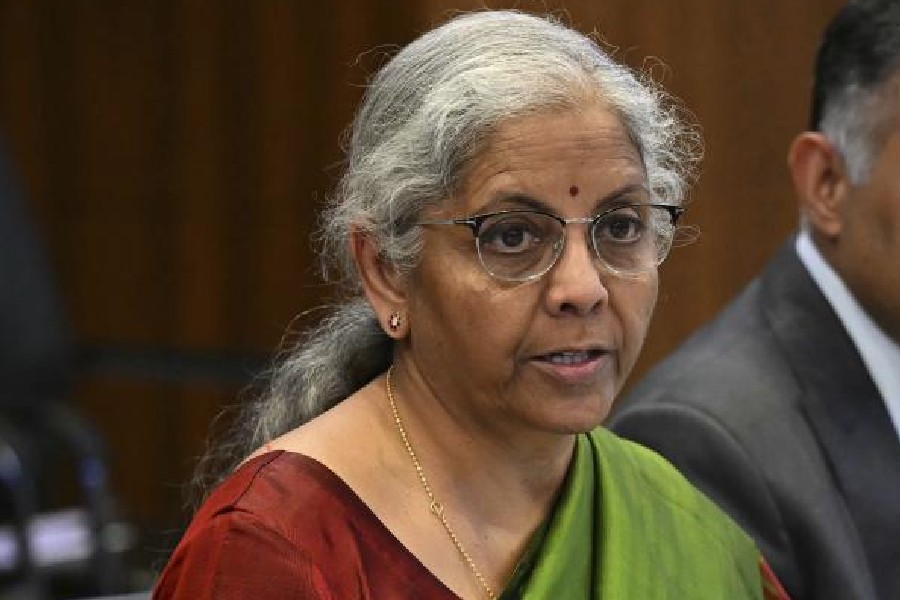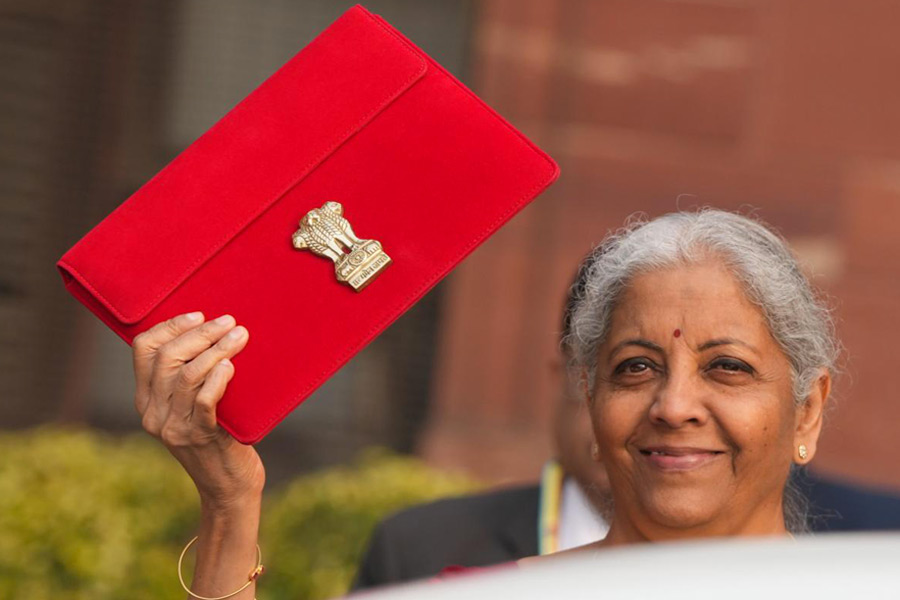|
|
Cornelia Sorabjee: India’s Pioneer Woman Lawyer
By Suparna Gooptu,
Oxford, Rs 495
Suparna Gooptu takes on a pariah. Although acknowledged as India’s ‘first woman barrister’, Cornelia Sorabji has evoked a lot of discomfort in a milieu accustomed to viewing the inception of gender politics in India in association with the growth of nationalism. Cornelia, with her diehard loyalty for the raj, disdain for Gandhian politics, devotion to Hindu orthodoxy and scorching individualism has always been a misfit — in her own time and after. Gooptu here tries to clear certain misconceptions — technically, Cornelia was not the first Indian woman to be called to the English bar — and to explain Cornelia’s apparent contradictions.
Gooptu’s meticulous research leaves no doubt that Cornelia’s was a terribly complicated life. But at its beginning, she started with a lot more privileges than most. Born to a family of Indian Christians, who were closely associated with the church, had high social connections and were engaged in altruistic activities, Cornelia and her seven siblings, got a headstart. They had a Western upbringing, made friends among the English and travelled abroad frequently. Naturally predisposed towards English rule, it was the persecution by the Parsi community that drew the Sorabjis closer to the establishment. It is this experience of isolation that moulded their attitude and dictated their choices. Isolation, in fact, remains a recurrent theme in this book.
Her Parsi-Christian background was, however, not the only cause for Cornelia’s isolation in most circumstances of life. Her gender complicated matters for her even before her politics came in the way. A trailblazer in education, Cornelia was the first woman in her family and in western India to study for a university degree. But she was denied a scholarship to study abroad for it was deemed “nonsense for a woman to think of it”. But Cornelia, stubborn by any definition, had already made her choice. She was to be a ‘pioneer’. In 1889, when no one could dream of it, she decided to study law, both for herself (for it is impossible to discount her self-love) as for the widowed “Ranees”, “all in purdah”.
Being a pioneer, however, proved less problematic in England than in India. It was the larger notion of the Empire’s duty towards creating a benevolent administration for the colonies that guided perceptions in England. So, despite being bewildered by the choice of a spirited young woman to become a lawyer, the authorities in Oxford gave in. Cornelia encountered a lot of discrimination, but she was only too willing to write it off as “mismanagement”. Gooptu explains, “the fact that she was treated as an ‘exception’ made her internalize many of the discriminations.”
In India, where she returned in the hope of joining the legal profession, things were very different. Here she was up not only against the racial biases of the rulers, but also against those of her own kind. In the face of stupendous opposition, Cornelia decided to enter the profession, but in through the outdoor. She used her old connections to set in motion her pet project for a lady legal adviser to the court of wards.
In her role as legal adviser to the purdahnashins, Cornelia came into her own. She provided them moral support, arranged for their sons’ education, fought with conspiring diwans and mobilized public opinion in their favour. It was also while performing her chosen role that she came to sense most palpably — over her pay, position, perquisites and pension — the negative aspects of British rule. Her disillusion, however, came to be directed not so much against the Empire as against its individual servants. The asli Brits, a “naïve” Cornelia believed, would do no such thing.
Cornelia’s most trying experience was in the Calcutta high court during a time when her political views also brought her serious disadvantage. Despite her qualification and her experience, her lack of social connections kept her isolated in a nepotist circle of lawyers. Senior barristers (Tej Bahadur Sapru, S.N. Banerjee, R.C. Bonnerjee) and even menial clerks mocked her for her transgressions. But the worst phase for this indomitable woman — who saw through Gandhi’s apparent hypocrisy, ridiculed welfare efforts for women and their mobilization for political reasons and appreciated the Sanatanists for preserving what she thought was valuable in the Hindu tradition — came with her support of Katherine Mayo’s Mother India. Cornelia, already isolated professionally, now faced almost total social and political isolation. This isolation reached its peak when Cornelia found herself torn away from her soulmate and benefactor, Elena Rathbone, by her own sister in her last few days in London. Gooptu’s recounting of Cornelia’s travails is deeply moving. Despite the scholarly distance she tries to maintain, her identification with Cornelia’s grief is near-complete.
There are a number of complex puzzles Gooptu tries to solve in trying to see how race, gender and class play off against one another within the larger political landscape. But her sympathy for Cornelia might overwhelm the reader at times. As Gooptu herself indicates, her subject used her racial and class privileges to “enhance” her status, to live her life as she wanted to. She did this without remorse. And in choosing to do so, she showed others the way. She is a pioneer, and not merely as the first of woman lawyers.











